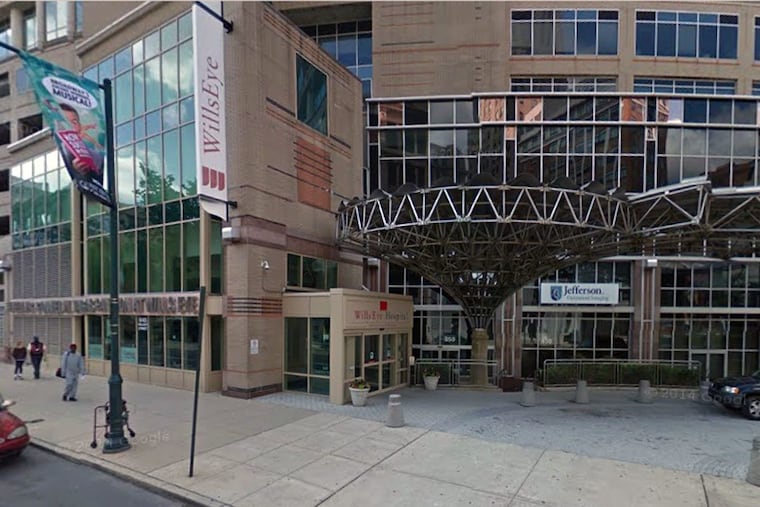US judge rules that attempts to deport Mahmoud Khalil may violate constitutional rights.

A recent ruling from a United States federal judge has highlighted significant legal concerns regarding the Trump administration’s efforts to deport Mahmoud Khalil, a pro-Palestine student activist and lawful permanent resident. District Judge Michael Farbiarz of New Jersey expressed skepticism about the government’s assertions that Khalil posed a threat to national security and questioned whether an ordinary person could reasonably perceive that their actions could justify deportation on such grounds.
In his remarks, Judge Farbiarz indicated that the administration’s argument regarding Khalil’s threat to American foreign policy interests appears weak. He acknowledged that the Secretary of State had not determined that his actions had adversely affected U.S. relations with any foreign nations, suggesting a lack of substantive evidence behind the government’s claims. While the judge has yet to decide if Khalil’s First Amendment rights, which protect free speech, were violated, the legal proceedings continue with further steps anticipated in the coming days.
Khalil’s detention has raised alarms among civil liberties advocates who view the government’s actions as a potential infringement on constitutional rights. This case is part of a broader contentious climate surrounding pro-Palestine activism in the United States, particularly in the context of heightened tensions regarding Israel’s military engagements. Khalil’s arrest marks a notable case within the landscape of pro-Palestinian demonstrations, as he was apprehended for his involvement in antiwar protests at Columbia University before being detained on March 8.
Currently held in a detention facility in Louisiana while authorities pursue his deportation, Khalil’s situation echoes concerns about the chilling effects on dissent and activism regarding U.S. foreign policy in the Middle East. His legal representatives are actively contesting the legality of his detention under a habeas corpus petition, arguing that it is rooted in his political beliefs rather than any criminal misconduct. The Trump administration has invoked the Immigration and Nationality Act of 1952 to justify Khalil’s deportation, which prioritizes national security, a basis that has drawn criticism for its vagueness and possible contradictions with First Amendment rights.
In light of these developments, Khalil’s case stands as a significant test of the bounds of government authority in relation to immigration law and free speech rights in the United States. Advocates for justice and civil liberties are closely monitoring the unfolding legal challenges, as the case reflects broader implications for political expression and advocacy in the current socio-political landscape.
Khalil’s legal team has expressed optimism about the judge’s preliminary assessment, suggesting that the government’s reliance on immigration policy for punitive measures against activists may be unconstitutional. Meanwhile, although some other international students involved in similar demonstrations have been released from detention, Khalil remains in custody, highlighting the complexities and challenges faced by activists advocating for Palestinian rights.
#PoliticsNews #CultureNews





